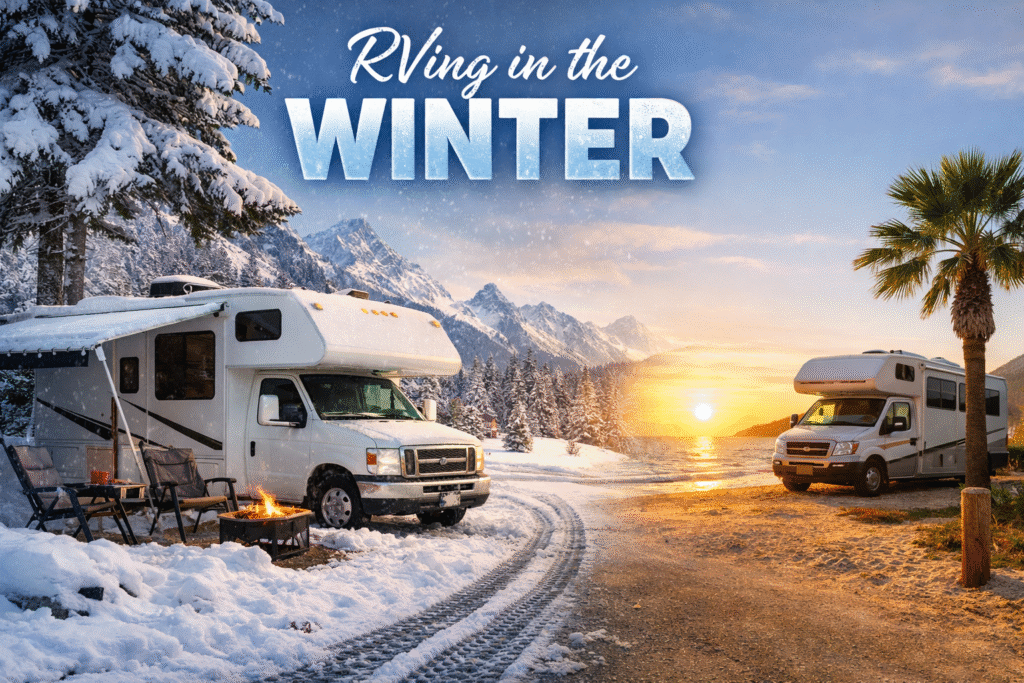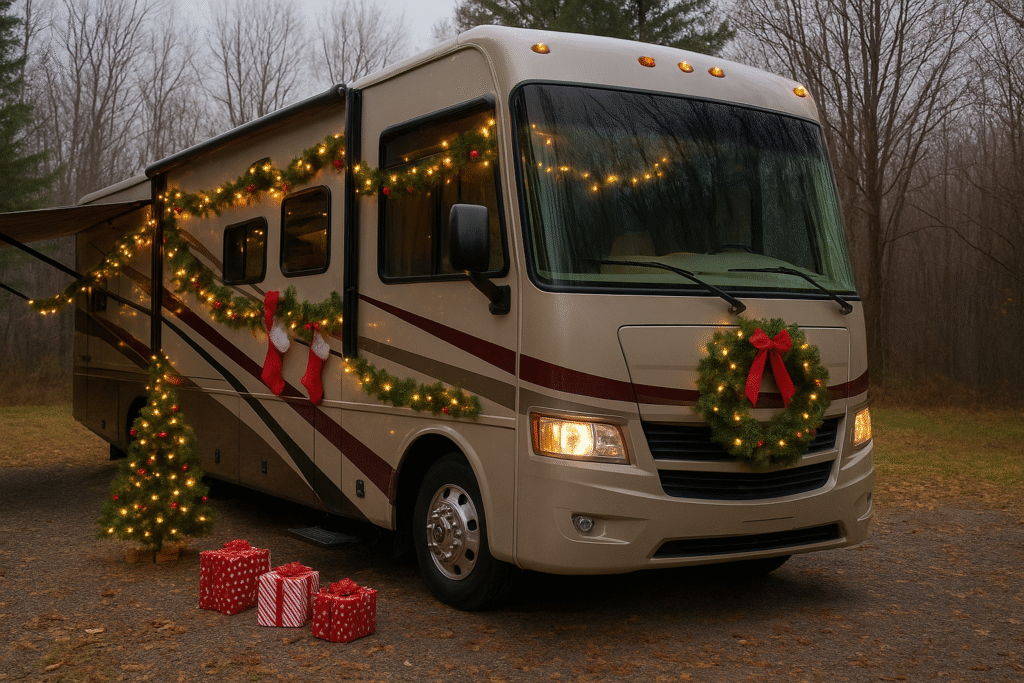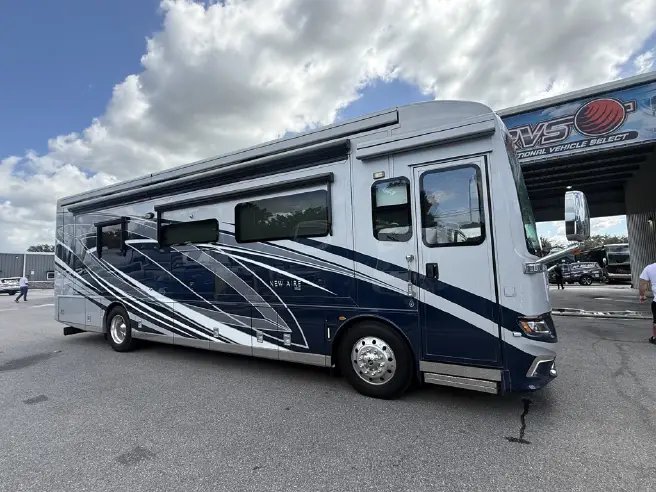It’s always important to keep the environment in mind, whether you’re recycling, reducing waste, or trying to conserve energy. And this state-of-mind is especially important if you’re a part-time or full-time RVer, since remaining energy efficient is not only a great way to save money and help the environment, but it’s also imperative if you ever plan on camping off the grid. While many newer RVs may come with features for energy efficiency built right in, older or pre-owned RVs will likely require upgrades if you want to reduce your carbon footprint while traveling.
Read on to learn more about how you can be an eco-conscious RVer:
Read on to learn more about how you can be an eco-conscious RVer:
- Knowledge is power – Be aware of the energy used to run the appliances and other devices in your RV. This information is available in your RV’s manual, but if you bought a pre-owned vehicle without a booklet the information on wattage and amperage ratings may be available online. Try to run appliances such as microwaves and air conditioners as sparingly as possible and avoid running more than one or two appliances at once. This will help conserve the battery life of your RV should you want to boondock or do some dry camping. Some RV owners even opt for keeping their inverters off when not using appliances.
- Fuel efficiency – An RV is by no means a fuel efficient vehicle in and of itself, but there are a variety of ways to improve its efficiency. One of the easiest ways to do this is simply by keeping your RV in tip-top shape. Getting regular maintenance checks, maintaining the proper tire pressure, and ensuring that you always have a clean air filter can actually help increase the fuel efficiency of your vehicle by 10 to 20 percent.
- Go solar – Whether you have a new or used RV, one of the best ways to harness natural energy and reduce the amount of fossil fuels you emit into the atmosphere is opting for solar power. Solar panels, batteries, and inverters are available for recreational vehicles and offer an environmentally and economically friendly way to travel. In a nutshell, solar panels will capture solar energy and store it in your vehicle’s batteries where it will be converted from DC power to AC power when needed.
- Opt for batteries – When possible, buy small appliances that have their own batteries and always opt for rechargeable batteries. Allow laptops and other devices to use their internal batteries for power rather than keeping them plugged in for a constant charge. When it is necessary to charge up devices, turn the inverter on and charge them all at once rather than powering them up in increments. Also, think critically about any new devices you want to purchase and know exactly how much electricity the device will draw. Keep appliances unplugged when not in use.
- Follow mom’s advice – As your mother used to say, always turn the lights off when you leave a room. And while rooms are limited inside an RV, the general rule of thumb should be to use the natural light from the windows as much as possible. Replacing existing incandescent light bulbs with 12-volt, high-efficiency compact fluorescent lights or LED lights is also an easy way to increase energy savings inside your rig.




